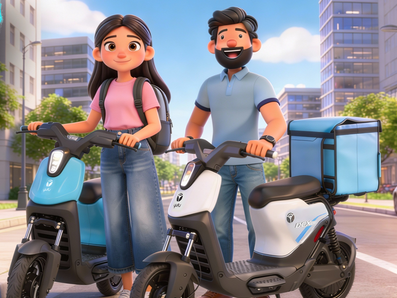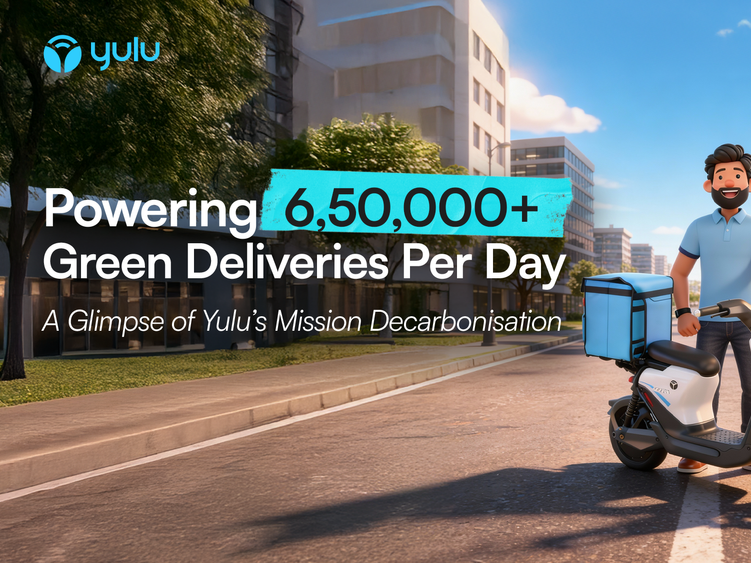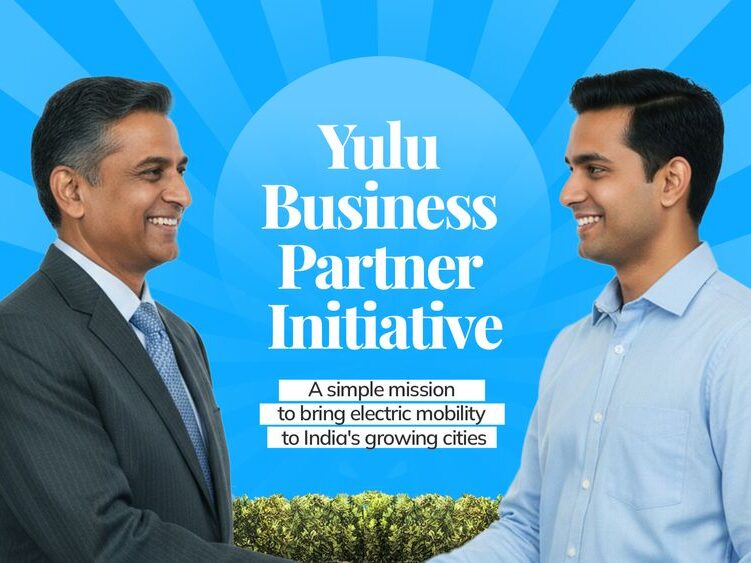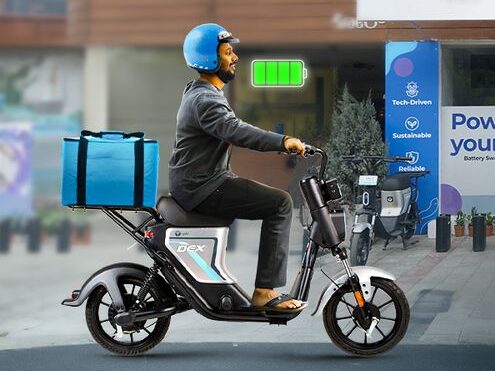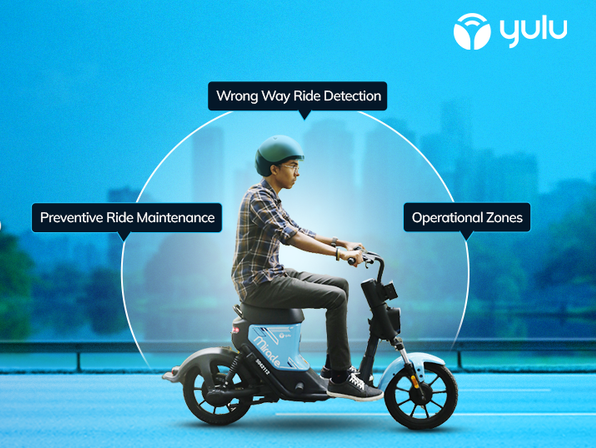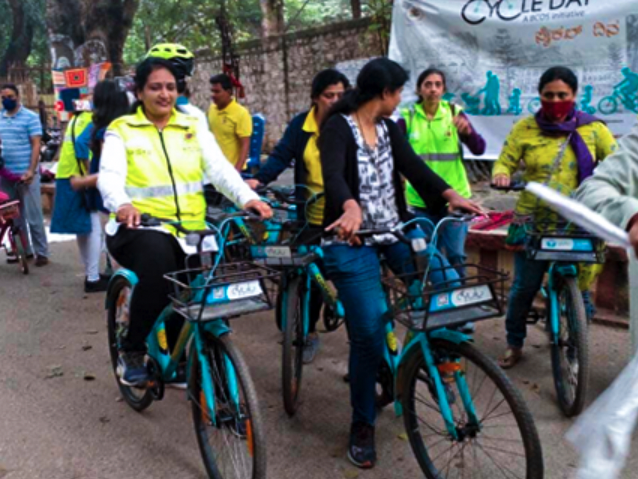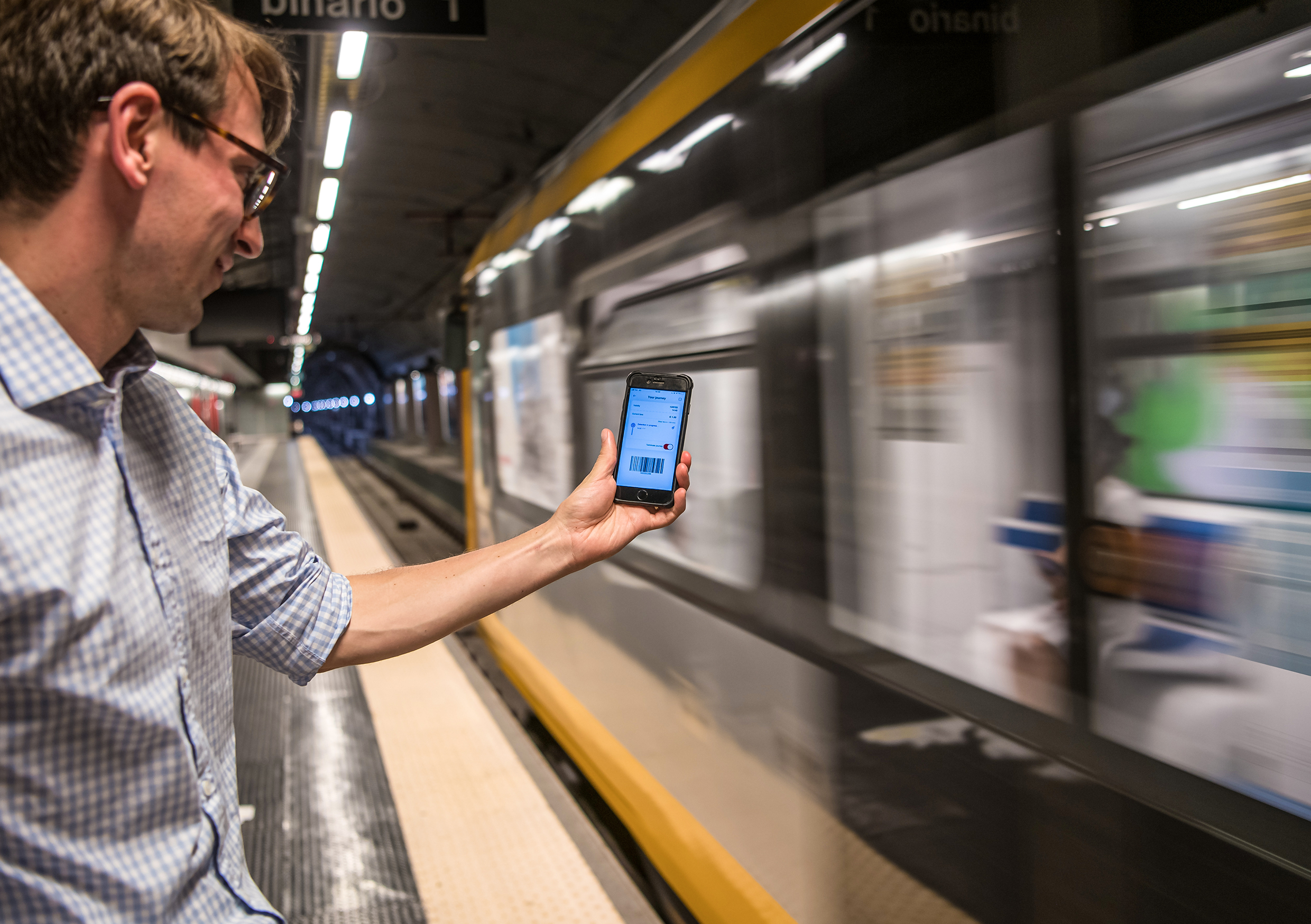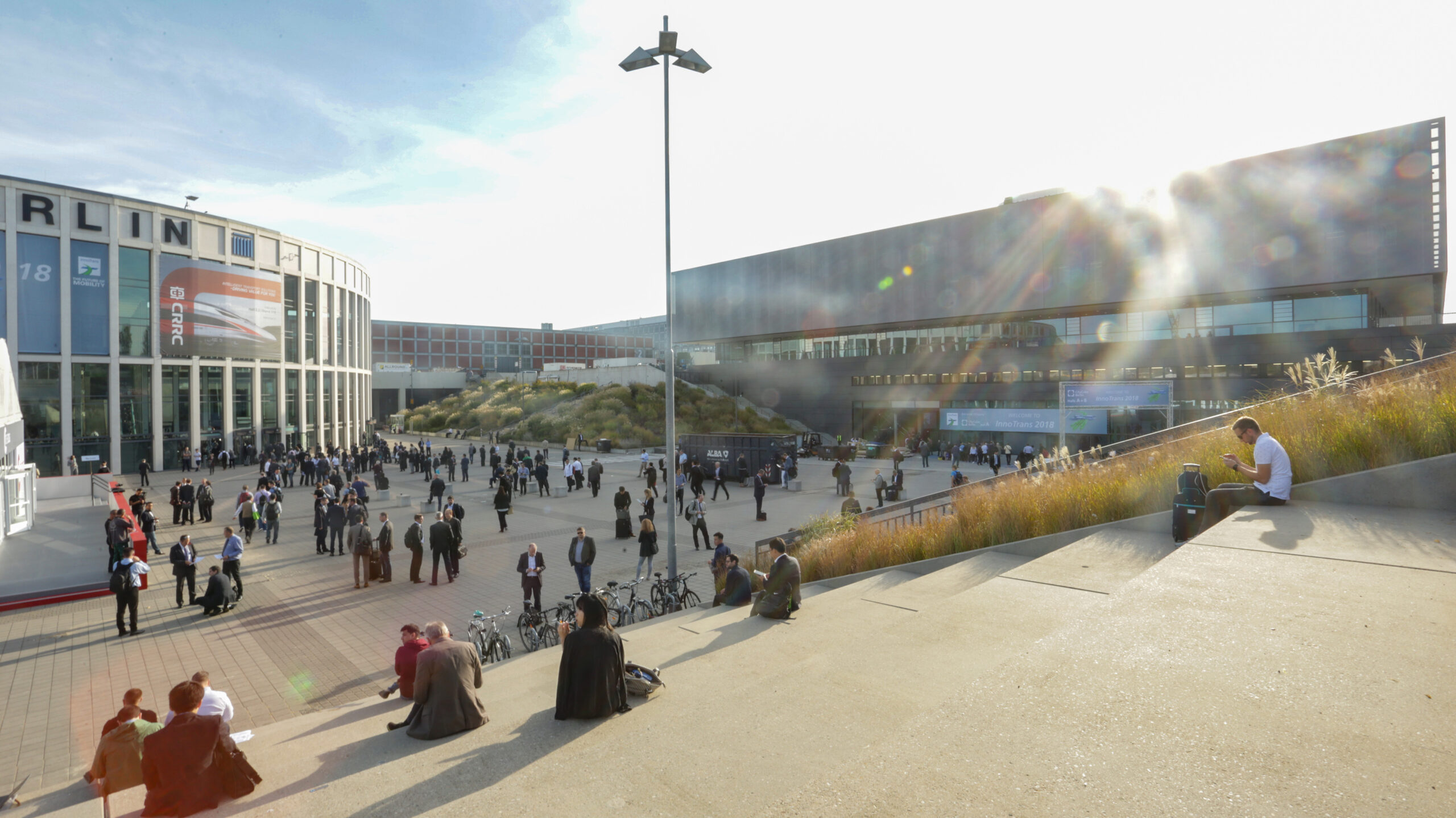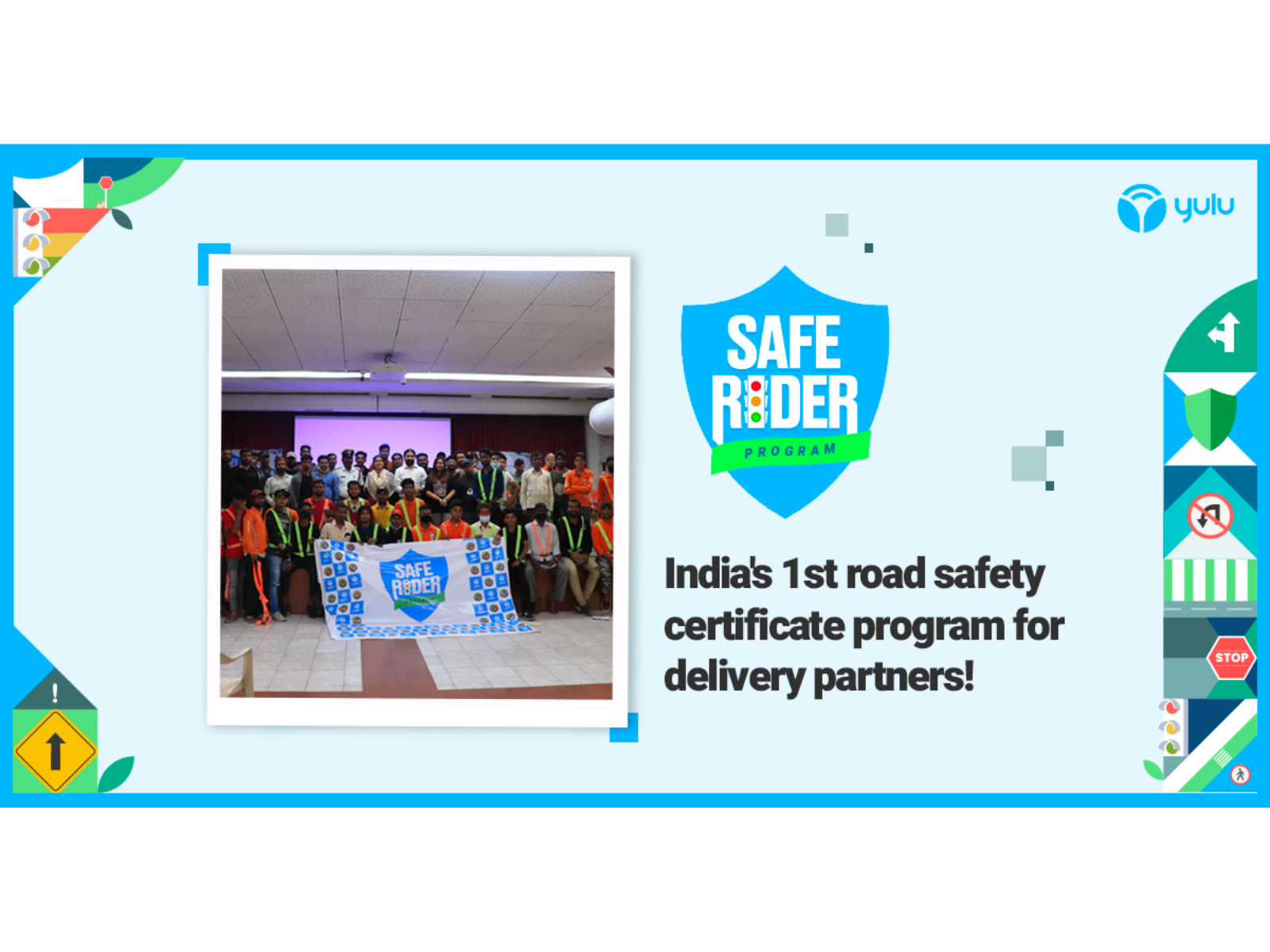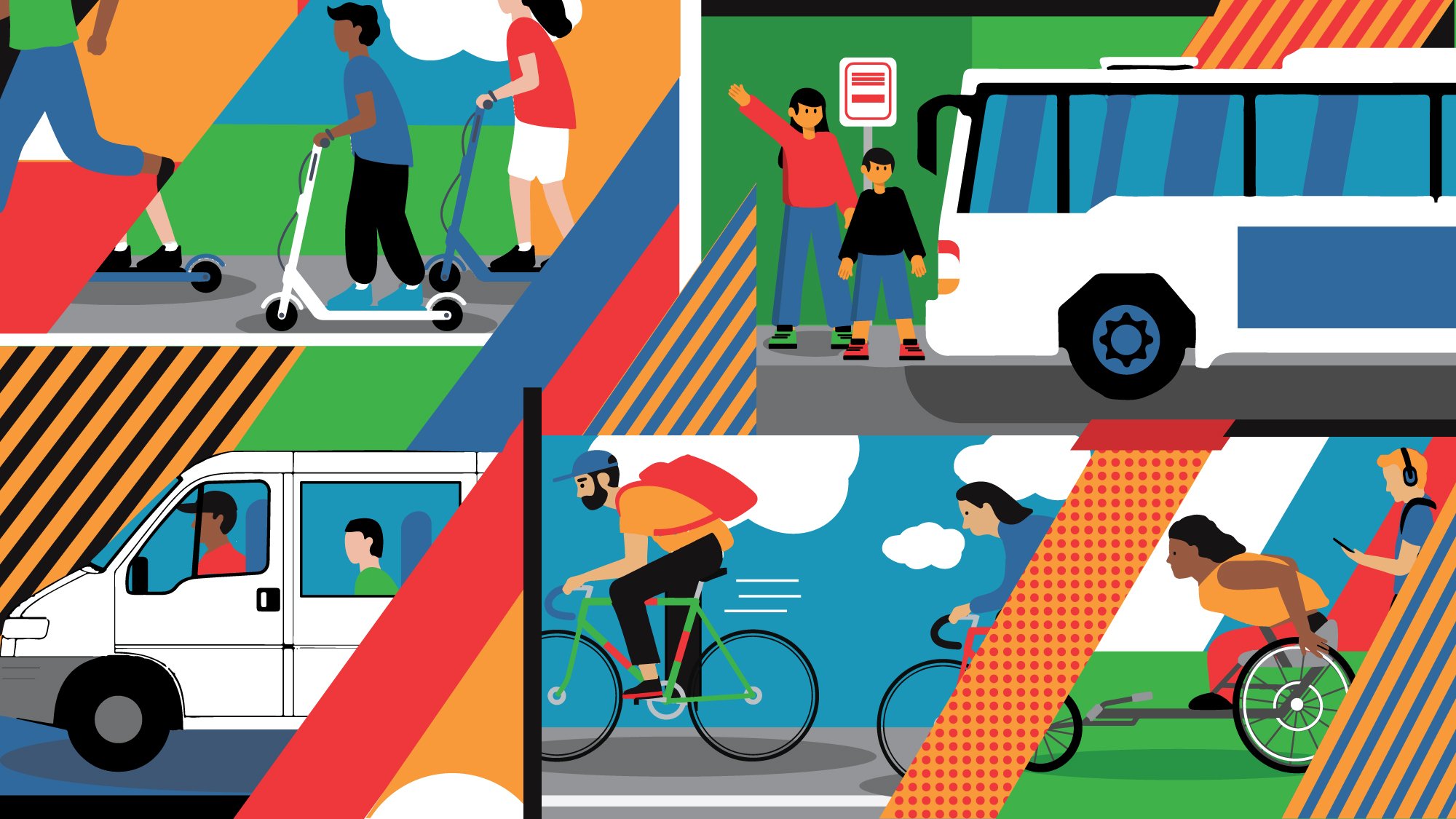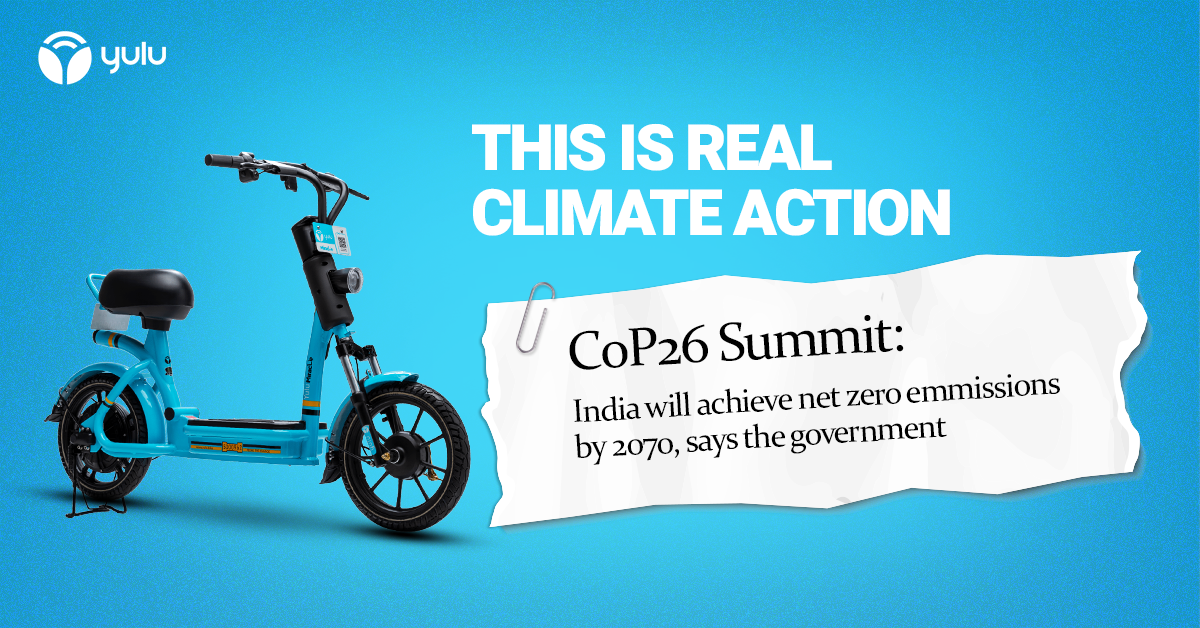Understanding the Future of Mobility
How Can Shared Mobility and MaaS Solutions Boost EV Adoption in India?
You are not alone when you struggle through the traffic, only to reach your home or office late. Millions of people live the same story on a daily basis. Although the present picture looks bleak with this problem statement, new mobility solutions are changing our daily commute rapidly.
India’s shared mobility sector is set to register 15 cr users by 2025. This goes to show how the shared mobility industry is going to be a significant contributor to fulfilling people’s daily mobility in the future.
While Mobility-as-a-Service is not a new concept in India, we still have a long way to go in making them a crucial part of our public transport systems. Consider the case of Delhi Metro, one of the best metro networks in India. Though the Delhi Metro covers a distance of over 400 km along various routes and has close to 300 stations, the average distance a person has to travel from their home or office to a metro station is over 3 kilometers. This distance cannot be covered easily by walking. And if one uses a personal vehicle to cover the distance, then there is a dependency on owning a personal vehicle, and parking issues.
In such a scenario, the adoption and use of public transport services does not grow. Shared Mobility becomes the perfect solution here. It not only allows numerous travelers to use the same vehicle affordably but also relieves the users of parking difficulties by having dedicated parking zones. Hence, shared mobility has become a necessary part of our mobility mix.
One of the reasons Yulu has a strong presence is because we provide first-and-last mile connectivity to daily commuters. And though Mobility-as-a-Service can be efficiently implemented by the private sector, it needs the support of city authorities and policy makers to make shared EV’s easily accessible to the public.
While shared mobility creates a cost-efficient and congestion-free solution for daily commuters, EVs add on the benefits by being a green mobility option that reduces one’s overall carbon footprint. Once this becomes the objective of the city administrations, the future mobility mix of commuters will not only look different from what it is today, but will also be less time consuming, and more sustainable.
Another change we will see in the future is the use of Battery-as-a-Service by EV users. Battery cost and range anxiety have always been the most significant impediment to EV adoption and BaaS serves as a solution to both problems. With services like Yulu, BaaS will act as a catalyst to EV adoption, considering the low downtime and cost associated with swapping batteries while using our services. Batteries can also last up to 2 lakh kilometers if operated properly, and new-age players like us play a significant role in optimizing EV battery life cycle, by charging and swapping them in well-conditioned BaaS setups.
How Can Shared Mobility and BaaS Solutions Boost EV Adoption in India?
People believe what they see and when they witness how revolutionary a technology is in creating a significant impact in their lives, traction follows. Introducing shared EVs in the public transport ecosystem will increase consumer awareness regarding the technology, and when people experience shared mobility first-hand, it will also lead to rapid EV adoption.
With fuel prices skyrocketing, gig workers have made the first move of shifting to EVs and Yulu has been their most preferred choice. Gig workers using EVs make a strong statement about the reliability of this technology, its convenience and low running costs. This will encourage the price-conscious customers to make the next move, which they wouldn’t make otherwise if they don’t see the solution in action in the first place.
This concept of shared mobility will not only give momentum to the sale of personal EVs but also strengthen the charging infrastructure and battery swapping services (BaaS) which will eventually address the range anxiety of new customers.
EV adoption is inevitable in the times to come but in order to increase the pace of adoption, these will be the driving factors:
- Swift policy-making for niche EV segments like MaaS and Shared Mobility
- Reducing range anxiety of users by supporting dedicated BaaS initiatives
- Making shared mobility part of the public’s daily mobility mix
Shared Mobility allows numerous travelers to use the same vehicle without major expenditures or long-term commitments like loan payments and regular maintenance costs. Yulu has successfully tackled the problems of low EV adoption, urban mobility, and sustainability. Yulu adds commuting patterns on top of its network information, offering high availability and convenience to its consumers, thanks to early partnerships with mass rapid transport systems such as Metro. While we are making a fair share of contributions via our highly scalable in-house battery swapping operations, more such collaborations will be required in the future to reinforce rapid EV adoption in the country.
This article was originally published by Yulu Bikes Pvt Ltd.



